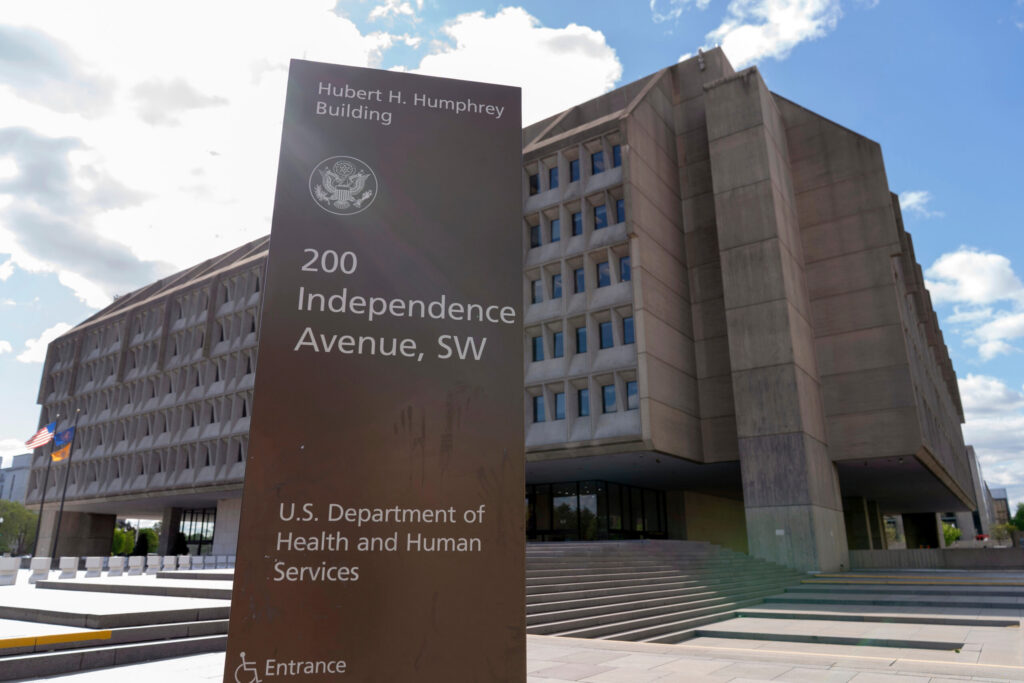Senate committee passes judicial reform measures with key changes

A state Senate committee in a red-eye midnight meeting Wednesday approved a trio of measures designed to overhaul Colorado’s method of disciplining judges, the latest move in a legislative process that ultimately would land before voters in 2024.
The three measures – House Concurrent Resolution 23-1001, House Bill 23-1019 and House Bill 23-1205 – passed the Senate Judiciary Committee following a flurry of amendments designed to appease concerns raised by the Judicial Department and the Colorado Commission on Judicial Discipline.
The concurrent resolution will be the one voters would see during the 2024 election. It would change the section of the Colorado Constitution dealing with judicial discipline.
One major amendment deals with the extension of the commission’s discipline authority to local magistrates. Currently, the commission handles matters involving only county and district court judges, as well as those on the Court of Appeals and the Supreme Court.
Magistrates, all appointed by each of the chief judges of the state’s 22 judicial districts, are disciplined by the Office of Attorney Regulation Counsel, which handles matters involving lawyers.
“I am somewhat surprised the commission wants to get into the magistrate business,” bill co-sponsor Sen. Bob Gardner, R-Colorado Springs, said in asking his colleagues to vote against the amendment, calling it “premature,” while noting he intended to tackle a similar measure in the next legislative session.
Another major change deals with how the four judicial members of the discipline commission – there are two district and two county court judges on the 10-member panel – would be chosen. Currently, the Supreme Court names them, but that would change instead to a statewide association of county and district court judges.
Gardner said he is concerned it would not be dissimilar to a trade group lobbying the legislature for appointees to task forces.
“We ought to consider a different solution,” he said.
Only one of the measures, HB 23-1205 – which deals with the creation of an independent ombudsman’s office – did not pass unanimously, with Sen. Kevin Van Winkle, R-Highlands Ranch, voting against it without explanation. The other two passed, 5-0.
The ombudsman’s bill carried nine amendments, the largest of the three measures. Co-sponsor Sen. Bob Gardner, R-Colorado Springs, noted that all were the result of meetings among the Judicial Department, the discipline commission, the Colorado and Women’s bar associations.
Key among those amendments was the allowance for the ombudsman to submit complaints of alleged judicial misconduct to the discipline commission with the approval of the complainant, rather than requiring it.
The bill would also require the ombudsman’s office to be housed in a building not managed by the Judicial Department and would annually appear before the legislature during its SMART hearings.
The Senate committee also approved changes to how the new discipline system’s 13-member rulemaking board would be configured. It reduced by two the number of people represented by the discipline commission and by a similar number those from the adjudicative board that oversees discipline cases.
The rulemaking board would be made up of three members each from the commission, the adjudicative board and the Supreme Court, as well as three attorneys with discipline experience and a victim’s advocate named by the governor.
The Supreme Court earlier this year passed its own set of rules changing how the discipline process works, including a measure allowing the justices to be replaced by members of the appellate court in deciding whether sanctions against a judge are to be public. The new process put before voters would make the hearings process public rather than secret and would replace the justices with judges chosen randomly from all the state’s judicial districts.
The Supreme Court can change those rules at any time, while those approved by voters would require a separate election on a new constitutional amendment.
The bills are the result of summer-long hearings by a special legislative committee formed after allegations surfaced in 2021 about judicial misconduct that went unpunished or was handled leniently.
Those allegations were at the core of threats by a former high-ranking Judicial Department official who faced firing over financial irregularities. She threatened a tell-all sex-discrimination lawsuit and allegedly received a multi-million-dollar contract instead.
Newspaper stories in 2019 exposed the contract and later, in 2021, the underlying threats that were allegedly the reason behind it. The contract was cancelled following the news reports.
Two separate investigations, launched by the Judicial Department, could not prove the contract was the result of a quid pro quo but did admonish the department for a number of shortcomings that included concerns with the process for filing misconduct complaints against judges and the overall experience by victims who did.
The bills and resolution head to the Senate Committee on Appropriations. The legislative session is scheduled to end on May 8.














